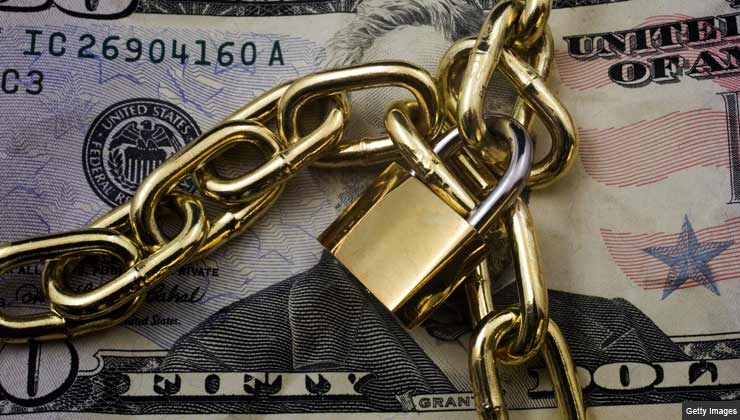
The One Time You Can Use Retirement Money to Pay Off Debt
- Select a language for the TTS:
- UK English Female
- UK English Male
- US English Female
- US English Male
- Australian Female
- Australian Male
- Language selected: (auto detect) - EN
Play all audios:
By Lynnette Khalfani-Cox Published January 26, 2012
If you are near retirement or have already retired, you don't want debt hanging over your head. But if you haven't been able to pay off those nagging credit card bills, you may be wondering
if you should dip into retirement money to rid yourself of those debts.
See also: Saving vs. Paying debt
In most cases, it's a bad idea to drain your 401(k), IRA or other retirement assets to eliminate credit card obligations. That's because if you're under 59 ½ years of age, you could face a
10 percent tax penalty plus have to pay ordinary income taxes on any amount you withdraw.
Still, there is one time when it probably is a good idea to use retirement money to pay off high-rate credit card debt: It's when you're still working, and can borrow money from an
employer-sponsored retirement plan — and then repay the money to yourself without tax consequences.
Let me explain why this could be a good idea and how to go about it.
Assume you owe $20,000 in credit card debt at a 15 percent annual interest rate.
For every year you let that debt lingers, you're forking over $3,000 in interest payments alone to a bank. That $3,000 translates into you making the bank $250 richer and yourself $250
poorer every single month.
So you'd be wise to consider tapping your retirement money to pay off those credit card bills.
Free Planning ToolAARP Money Map is a guide to manage unanticipated expenses
The question is: how should you go about doing this? Your choices really boil down to two options: You can take a distribution or you can borrow money from the retirement plan.
Don'tTake a Distribution, Take a Loan
As mentioned, early withdrawals have serious tax ramifications. So a distribution is not the preferred strategy. Plus, taking money out of your 401(k) permanently means that you lose out on
the chance for those funds to grow over time — which is the whole point of stashing away money into your retirement nest egg. You want those funds to appreciate over the years and to be
there for you once you stop working.